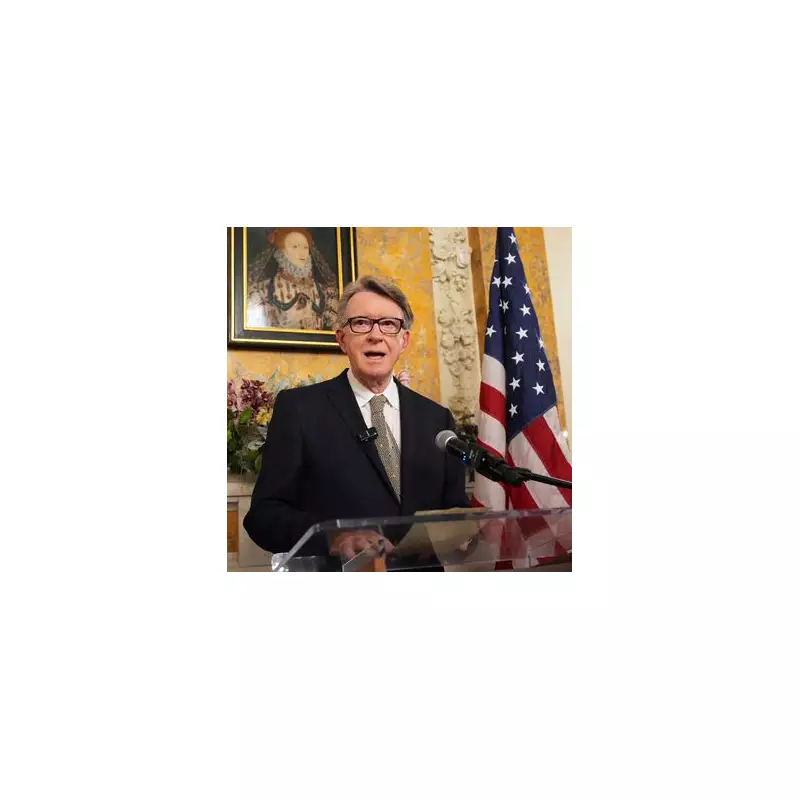
Labour grandee Peter Mandelson is at the centre of a fresh political storm after it was revealed he continues to receive a substantial EU pension while serving as a working peer in the House of Lords.
The former Business Secretary and European Trade Commissioner is collecting an estimated £114,000 annually from the European Union, a payment that has reignited the contentious 'cash for peerages' debate that has long plagued British politics.
Veteran political commentator Paul Routledge has launched a scathing attack on Mandelson, questioning the ethics of accepting such a substantial pension while holding a influential position in the UK's legislature. The arrangement has raised serious concerns about potential conflicts of interest and the transparency of political appointments.
The EU Pension Controversy
Mandelson's lucrative EU pension stems from his time as European Trade Commissioner between 2004 and 2008. Unlike many British pensions, this EU payment continues unaffected by his current role and activities within the UK political system.
Critics argue that receiving such significant foreign payments while making decisions affecting British law and policy creates an unacceptable conflict of interest. The situation becomes particularly sensitive given Mandelson's influential position within the Labour party and his access to the highest levels of government.
Cash for Peerages Debate Reignited
This revelation has poured fuel on the long-smouldering 'cash for peerages' scandal that has affected multiple governments. The controversy centres on whether political honours have been awarded in exchange for financial support or political favours.
Routledge's condemnation highlights ongoing concerns about transparency and accountability in the British political system. Many are asking whether current rules governing peerages and outside income are sufficient to maintain public trust in political institutions.
The timing of this revelation is particularly awkward for the Labour party, which has positioned itself as a party of integrity and accountability in preparation for the next general election.
Growing Calls for Reform
This latest controversy has prompted renewed calls for reform of the House of Lords and clearer rules regarding outside income and pensions for sitting peers. Transparency campaigners argue that without stricter regulations, public confidence in political institutions will continue to erode.
The Mandelson case exemplifies the complex relationship between British politics and international organisations, raising questions about how such financial arrangements should be managed and disclosed in the future.





